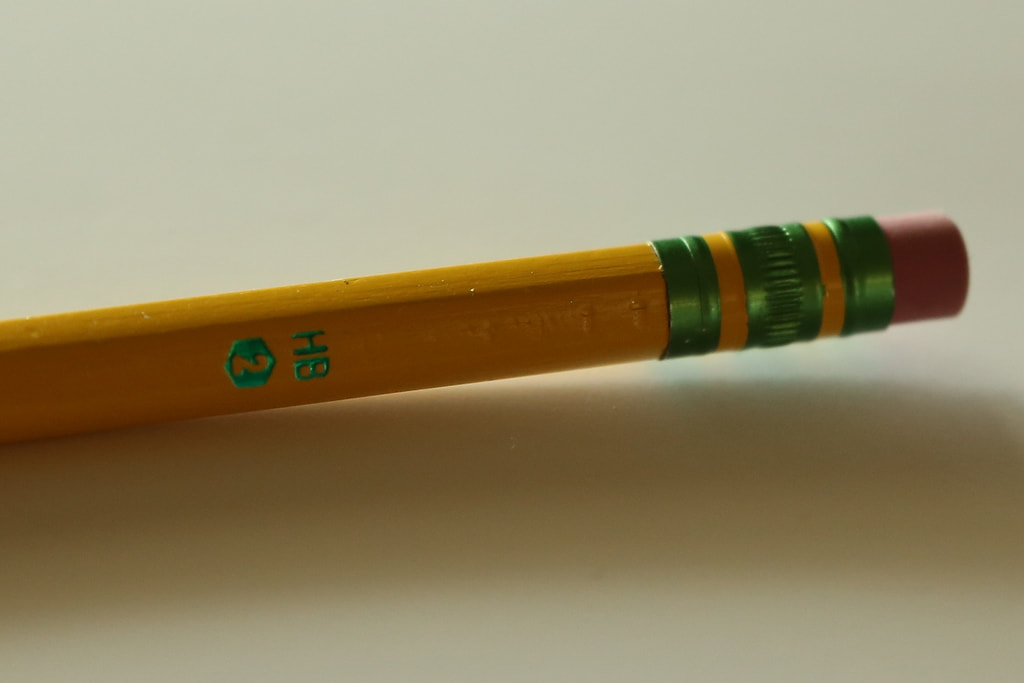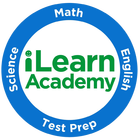|
The modern math class is deeply reliant on technology. Many lectures are online, and much work is submitted online or graded by computer.
This new approach has many benefits. Students can experience moving graphic displays of mathematical concepts, many that they can manipulate themselves to get a better grasp of new ideas. Students also get instant feedback on their answers with online homework and don't have to wait for a teacher's corrections. However, there are drawbacks, as well. Students can repeatedly get questions incorrect due to small input errors, like a missing bracket or period. For other questions, students can simply click their way to a correct answer without actually doing any math. Overall, technology is simply another tool to help students learn. Technology doesn't replace the tools that are tried and true: paper and a pencil. Don't be fooled. The world still has pencils! Use them. Writing is important for students to memorize math concepts and techniques. Showing work gives students a record of what they have done and what they understood. Additionally, by showing work for previous assignments, students are making themselves an instant study guide to use for later exams. The scientific evidence is clear: Writing helps memory. Those who write their notes learn concepts quicker and remember them longer than those who type or take pictures of notes. Some studies attribute this to the many different parts of the brain that are engaged while taking notes. When students take notes, they must take in visual and auditory information and reinterpret it as written symbols. In the process, this information passes through many crevasses of a student's mind (auditory while listening, visual while reading, symbolic while interpreting, tactile while writing). Later, when students go to recall the information, their minds have more places to draw from. Other studies claim the mere inefficiency of writing forces students to choose important information to transcribe. Students who take pictures or type notes can record everything verbatim. Then, they try to memorize every word when it comes time for a test. No easy task! Writing is slower. So, students who write are forced to learn what primers help them remember. Because of this, their notes are more helpful . In other words, they must actively process and filter information to choose what is important enough to write down. Whatever the reasoning, study after study finds that writing by hand is the best route to remembering. When students do homework on a touch screen or keyboard, the writing element is lost. This makes it hard for students to remember solving the problem in the first place, let alone how to do it again. It is important that students write down every problem they encounter online and work it out on paper. Writing out work gives students a record of what they did and what they understood. This is helpful in many ways. Firstly, it saves them time and missed points on homework and tests. For online homework, for example, if students miss an answer, they can simply look through their written work to find their error, fix it, and resubmit, rather than doing the entire problem again. Writing helps with human graders, too! Written work gives teachers the chance to reward students for showing understanding, even if an answer is wrong. Secondly, writing out work helps students notice common mistakes they make. If a student has one step in a problem he cannot do, writing will help him notice that and get the needed help. Similarly, teachers can quickly identify the source of an incorrect answer and help students with that step of the problem. Who needs a study guide when you have all this nice written work? When students make it a habit to show work, they automatically accrue a wealth of resources to study later:
With all this, students will not have to seek out new materials to study. They can refer back to work they're familiar with. There's no better way to master skills! In summary: Please don't forget about the pencil. A pencil is a math student's best friend. Simply put, if students cannot solve a problem with a pencil, then they don't know how to solve the problem. Writing helps us remember. Writing helps us communicate what we know. Writing gives us the best resource to refer to later. No matter the medium, if a student is trying to learn or remember any math concept, writing will help. Whether watching a video, solving problems on a screen, working in a book, doing a worksheet, or taking a test -- write. Want to help your student master math concepts and build strong study skills? Schedule a sample session with one of our expert tutors.
1 Comment
Leave a Reply. |
Categories |
We make a personal commitment to ensure each student is well-prepared for the academic school year.
Dedicated to helping your student succeed.
©
iLearn Academy 2019


 RSS Feed
RSS Feed
